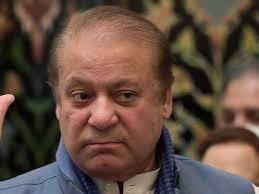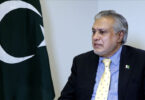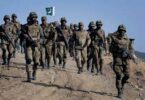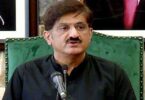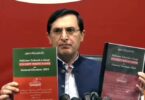ISLAMABAD (Agencies): Former law minister Azam Nazeer Tarar on Friday termed the Supreme Court (SC) ruling on the judgements review law as “very unfortunate”, but said that it would not affect former premier Nawaz Sharif’s prospects of returning to electoral politics anytime soon.
Speaking to media after a three-member bench headed by Chief Justice Umar Ata Bandial struck down the new law, the Pakistan Muslim League-Nawaz (PML-N) senator termed the timing of the verdict “important”. He said that the Constitution had laid down rules of the game for all state organs which was also called trichotomy of powers.
“Courts interfere in the Parliament’s jurisdiction again and again and give verdicts that put a curb on its supremacy […] this is not a good tradition,” he lamented. He maintained that this has happened in the past and “it weakens the state’s institutions and not strengthens them”. Tarar added that the timing of the verdict was also painful for him as the verdict was announced after the dissolution of the National Assembly. Therefore, new legislation couldn’t be done in light of the apex court’s directives.
“The law was enacted on the demand of bar councils which were of the view that the scope of the review was so narrow that it would be an injustice to many people,” he added. He further explained that the judgements law had made it mandatory for the top court to form a bench larger than the one that gave the original verdict.
“Another good thing was that it provided an option to change the lawyer,” he said. After the SC’s verdict, it was widely believed that the doors on Nawaz Sharif’s electoral politics had been closed. “This will not affect the prospects of Nawaz Sharif’s return to electoral politics as his lifetime disqualification was undone by an amendment to Election Act 2017,” he clarified.
The disqualification clause in Article 62 of the Constitution was amended and now the disqualification would not be more than five years. Tarar asserted that it would be against the fundamental rights to bar anyone from seeking votes and going to people.

